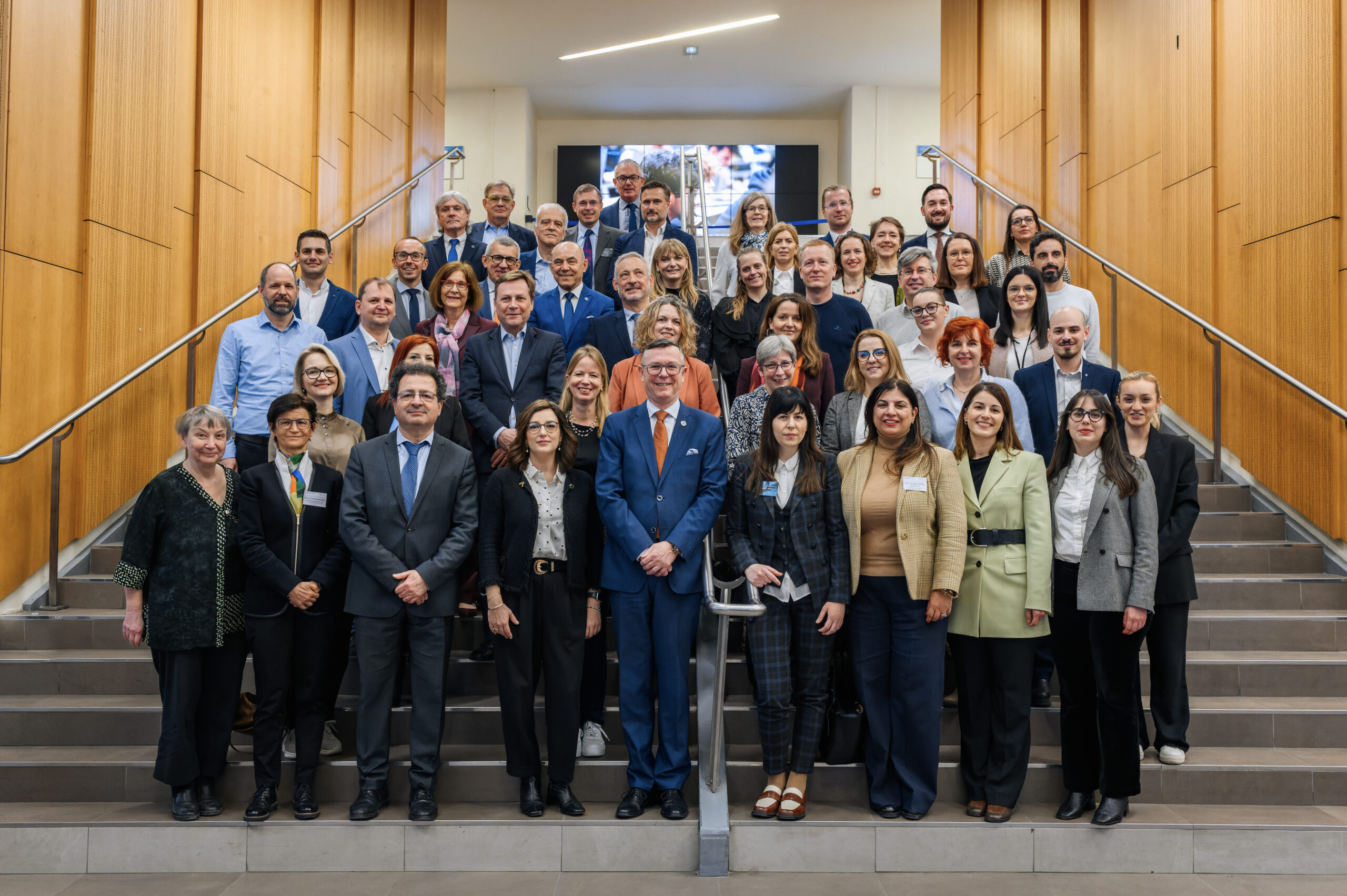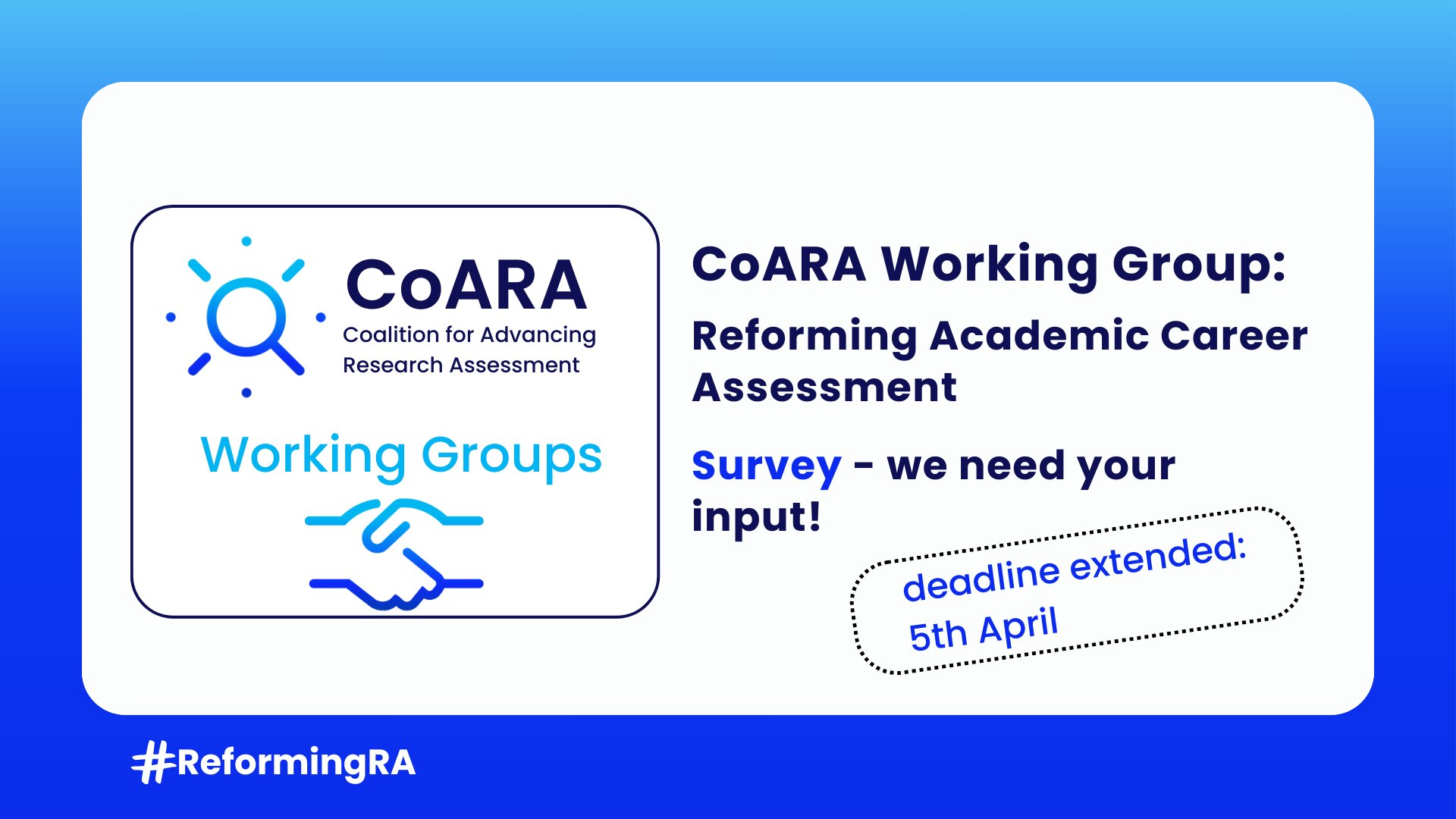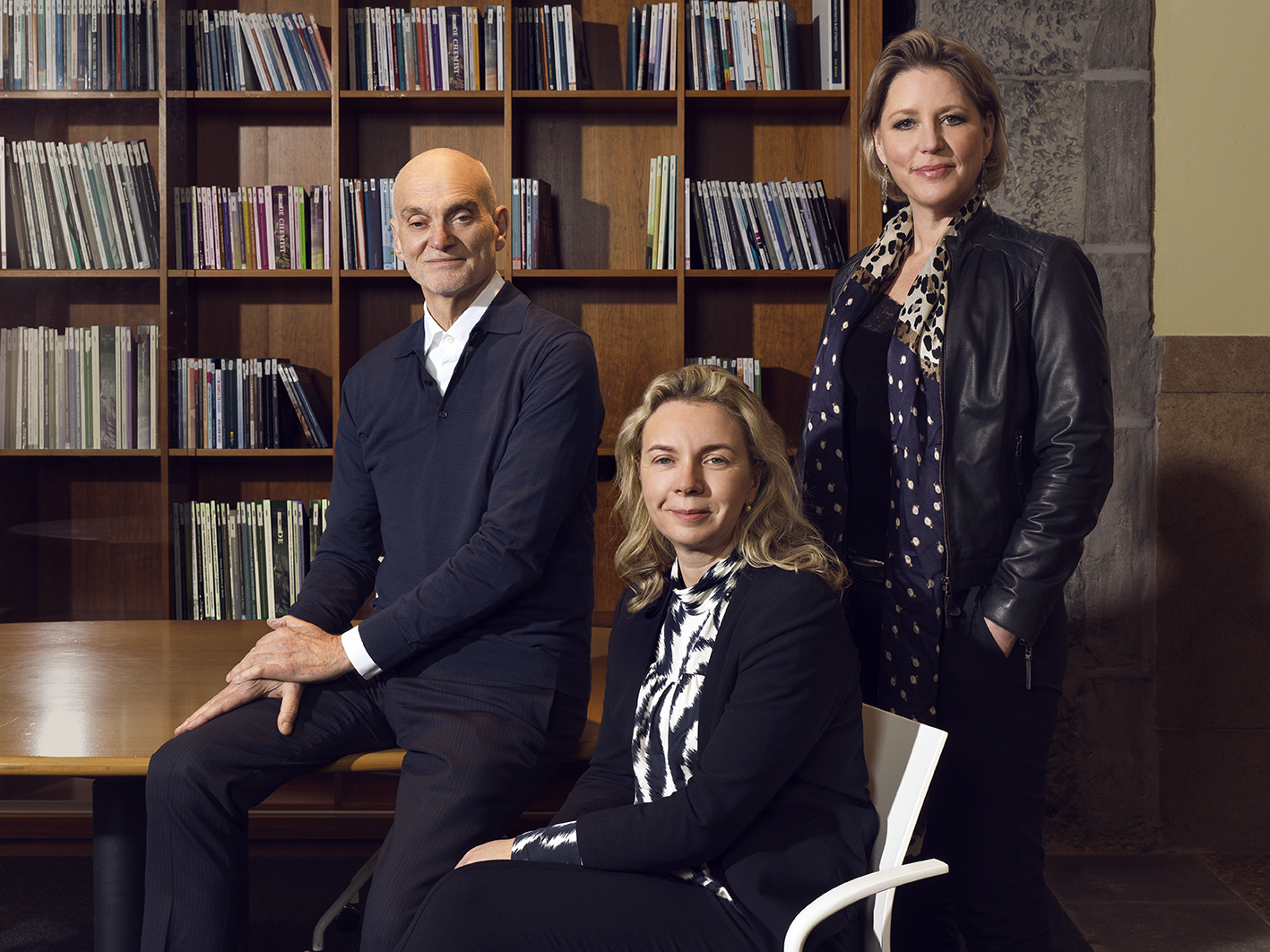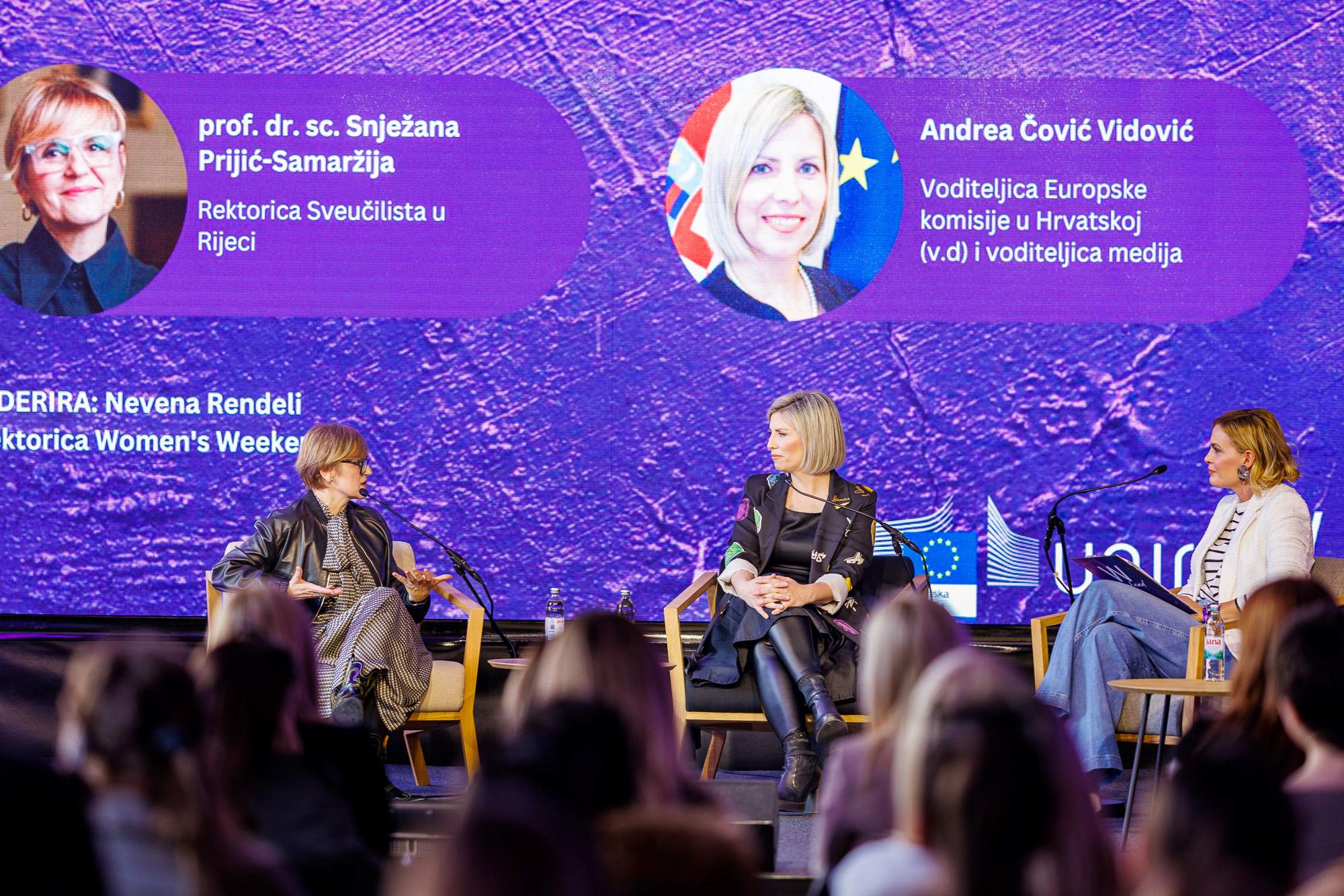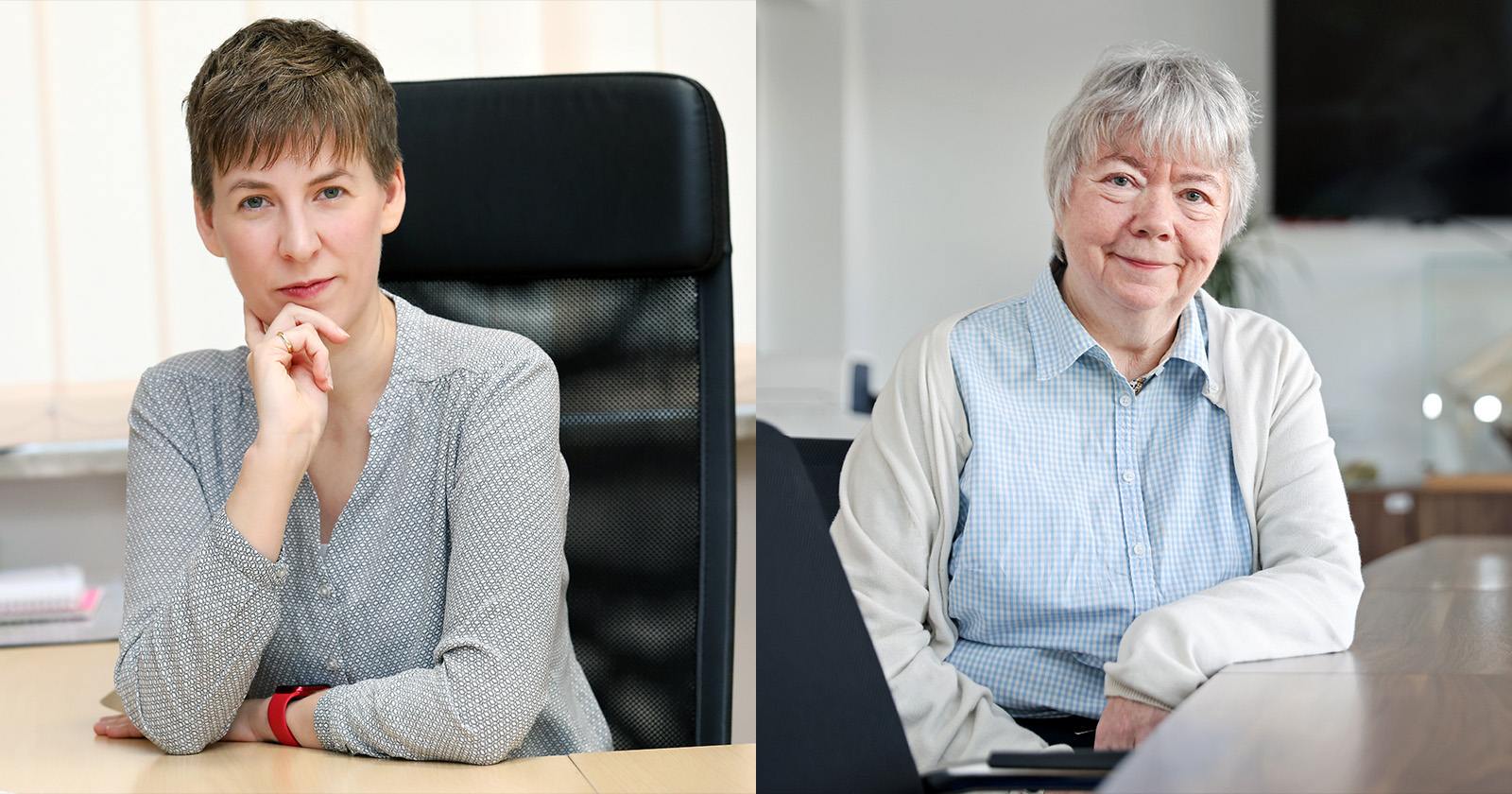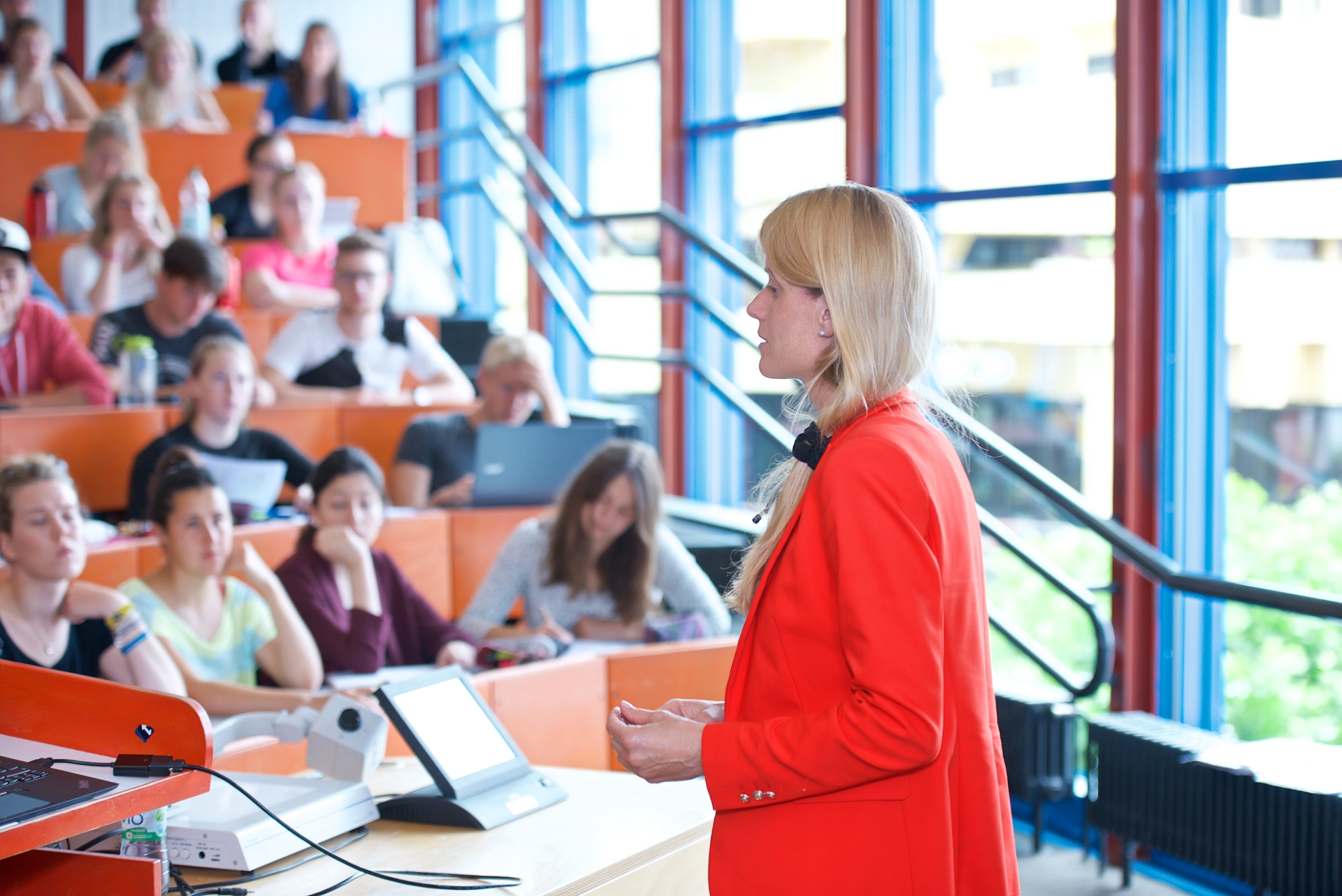The coronavirus pandemic has given a strong boost to the green and digital transition in the academic world. The sudden switch to online learning and remote working has opened everyone’s eyes to new opportunities and accelerated the ongoing process of change. The decisions made at the University of Eastern Finland mean, among other things, that a hybrid model for teaching and a multi-locational model for working, have likely come to stay.
The rapid switch from face-to-face meetings to online ones has not, of course, been without challenge. The introduction of new digital tools, for example, has involved plenty of learning. To ease the burden of the teaching staff, the University of Eastern Finland has hired students to work as teaching assistants, among other things. In addition, all staff members have been offered the chance to complete online training sessions on the use of various software and programs. These training sessions have been organised, at various levels, by an external training provider and by the university itself.
The University of Eastern Finland’s work to become carbon neutral started in 2020 and has progressed alongside the pandemic. This work speeds up the university’s green transition, since the goal is to be carbon neutral already by the end of 2025. To achieve this goal, the university has, for example, updated its travel guidelines, which now highlight opportunities for online participation. When travel one day returns to normal, the updated guidelines nevertheless require that the need for travel be carefully considered. For example, short business trips should mainly be replaced by online participation. In order to reduce emissions from commuting between the home and the workplace, the university will soon introduce employer-subsidised bikes, and the university’s cars have been upgraded to electric ones. The work to achieve carbon neutrality has also brought changes to the campus restaurants. The prices of vegetarian alternatives have been lowered, making them a more lucrative option. The campus restaurants have also introduced a new digital solution, i.e., food waste scales, which nudge customers towards reducing food waste.
The university also promotes the green and digital transition through its core missions, i.e., education and research. Researchers at the University of Eastern Finland conduct a broad range of research that promotes sustainable development, especially in the university’s profile areas. The university is currently developing its education on sustainable development, with the aim of a broad selection of courses and an introductory massive open online course (MOOC) on sustainable development suitable for all students. Sustainable development has recently also been added as a theme to staff orientation materials, and the aim is to include it in the orientation of new students as well. Education and communication play key roles, as they provide people with the knowledge and skills required by the green and digital transition.
To learn more about sustainable development and the green and digital transition at UEF, please visit: https://www.uef.fi/en/sustainable-development




